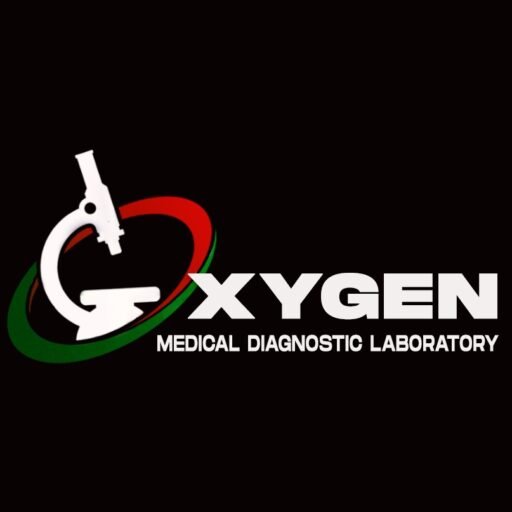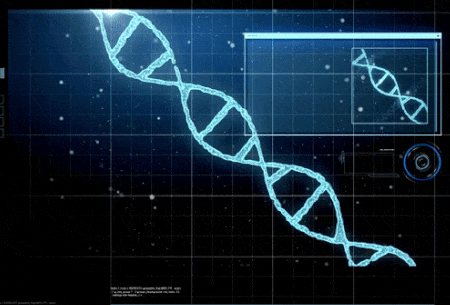The Importance of DNA Testing
DNA testing has become an integral part of various fields, including healthcare, forensics, ancestry research, and even entertainment. This advanced technology allows for the analysis of an individual’s unique genetic makeup, providing valuable insights into their ancestry, health predispositions, and potential genetic disorders. With the continuous advancements in DNA testing methods, it has become increasingly accessible and affordable for individuals seeking to unravel the mysteries hidden within their genetic code.
Understanding Different Types of DNA Testing
There are several types of DNA testing, each serving different purposes and providing specific information about an individual’s genetic composition. Understanding the distinctions between these testing methods is crucial in determining which type of DNA test is most suitable for a particular purpose.
1. Paternity Testing
Paternity testing is one of the most common applications of DNA testing. It is used to determine the biological relationship between a father and a child. This type of testing can conclusively confirm or exclude paternity with an accuracy of over 99.9%. Paternity testing is often sought for legal, personal, or medical reasons, and it typically involves collecting DNA samples from the alleged father, the child, and, in some cases, the mother.
2. Ancestry DNA Testing
Ancestry DNA testing, also known as genealogical DNA testing, has gained significant popularity in recent years. It enables individuals to trace their genetic origins and uncover their ethnic and ancestral background. Through the analysis of genetic markers, ancestry DNA testing can provide detailed insights into a person’s heritage, migration patterns of their ancestors, and potential connections to specific geographic regions or ethnic groups.
3. Health and Wellness DNA Testing
Health and wellness DNA testing focuses on identifying genetic predispositions to certain health conditions, as well as providing insights into an individual’s overall health and wellness. This type of testing can assess the risk of developing various diseases, such as cancer, heart conditions, and genetic disorders. Additionally, it can offer personalized recommendations for diet, exercise, and lifestyle choices based on an individual’s genetic profile.
4. Forensic DNA Testing
Forensic DNA testing plays a critical role in criminal investigations and legal proceedings. It involves the analysis of DNA evidence collected from crime scenes to identify suspects, exonerate the innocent, and provide crucial evidence in court. Forensic DNA testing has revolutionized the field of criminal justice, leading to the resolution of cold cases and the accurate identification of perpetrators.
5. Pharmacogenomic DNA Testing
Pharmacogenomic DNA testing focuses on how an individual’s genetic makeup influences their response to certain medications. By analyzing genetic variations related to drug metabolism and efficacy, pharmacogenomic testing can help healthcare providers personalize medication regimens, minimize adverse drug reactions, and optimize treatment outcomes for patients.
The Process of DNA Testing
Regardless of the specific type of DNA testing being conducted, the process generally involves several key steps, including sample collection, laboratory analysis, and result interpretation. The following outlines the typical process of DNA testing:
Sample Collection
The first step in DNA testing is the collection of biological samples containing the individual’s DNA. This may involve the use of buccal swabs to collect cells from the inside of the cheek, saliva samples, blood samples, or other tissue samples. The method of sample collection may vary depending on the type of DNA testing being performed.
Laboratory Analysis
Once the samples are collected, they are sent to a certified laboratory for analysis. In the laboratory, the DNA is extracted from the samples and subjected to various testing methods, such as polymerase chain reaction (PCR), DNA sequencing, or microarray analysis, depending on the specific objectives of the test.
Result Interpretation
After the laboratory analysis is completed, the results are interpreted by trained professionals. The interpretation of DNA test results requires expertise in genetics and bioinformatics to ensure accurate and reliable conclusions. The results are then compiled into a comprehensive report that provides the relevant genetic information based on the purpose of the DNA testing.
Choosing the Right DNA Testing Service
With the growing demand for DNA testing, there is a wide range of companies and laboratories offering DNA testing services. When selecting a DNA testing service, it is essential to consider the following factors:
Accreditation and Certification
Choose a DNA testing service that is accredited and certified by reputable organizations and regulatory bodies. Accreditation ensures that the laboratory meets stringent quality standards and follows best practices in DNA testing procedures.
Testing Accuracy and Reliability
Look for a DNA testing service with a proven track record of accuracy and reliability in delivering test results. It is crucial to choose a provider that uses validated testing methods and maintains strict quality control measures throughout the testing process.
Privacy and Data Security
Ensure that the DNA testing service prioritizes the privacy and security of genetic data. Verify their policies regarding data protection, confidentiality, and the secure storage of genetic information to prevent unauthorized access or misuse of sensitive personal data.
Range of Testing Options
Consider the range of testing options offered by the DNA testing service. Some providers may specialize in specific types of DNA testing, such as ancestry testing or health-related genetic testing, while others offer comprehensive testing packages that encompass multiple aspects of genetic analysis.
Customer Support and Counseling
Choose a DNA testing service that provides adequate customer support and genetic counseling services. Genetic testing results can have profound implications, and having access to professional guidance and support can be invaluable in understanding and interpreting the test results.
The Ethical Considerations of DNA Testing
While DNA testing offers numerous benefits, it also raises important ethical considerations that must be carefully addressed. These ethical considerations encompass privacy concerns, informed consent, potential psychological impact, and the responsible use of genetic information.
Privacy Concerns
Genetic information is inherently personal and sensitive. Individuals undergoing DNA testing should have assurance that their genetic data will be handled with the utmost confidentiality and will not be shared or used without their explicit consent. It is essential for DNA testing services to implement robust privacy measures to safeguard the privacy of their clients’ genetic information.
Informed Consent
Obtaining informed consent from individuals undergoing DNA testing is crucial. This involves ensuring that individuals fully understand the implications, limitations, and potential consequences of the test, and that they provide voluntary consent to proceed with the testing. Informed consent is fundamental to respecting individuals’ autonomy and rights regarding their genetic information.
Potential Psychological Impact
DNA testing results can have profound psychological and emotional effects on individuals, especially when uncovering unexpected or sensitive genetic information. It is essential for individuals to have access to professional genetic counseling and support services to help them process and cope with the implications of their test results.







Reviews
There are no reviews yet.